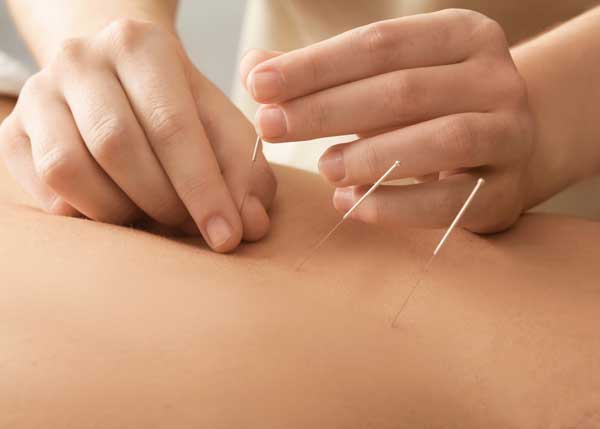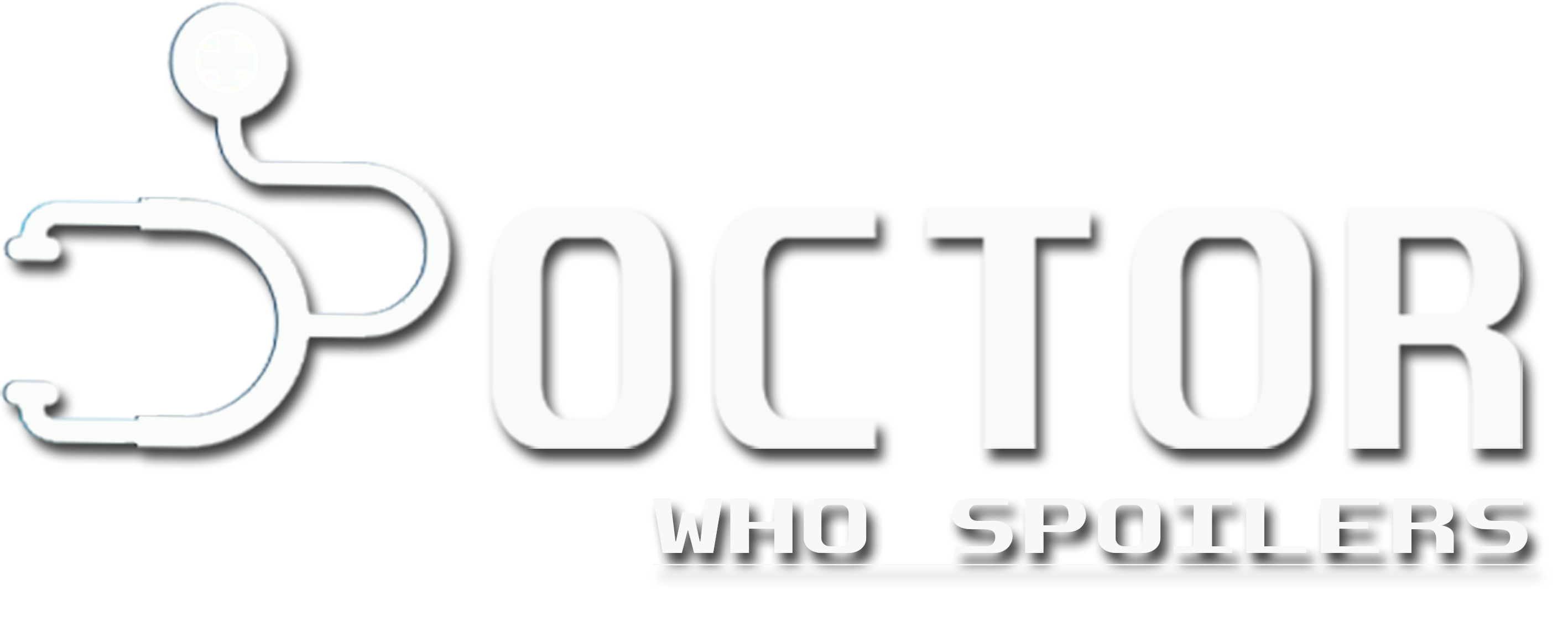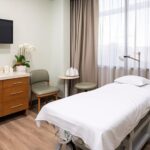
What Are The Contraindications for Dry Needling?
MTrPs, or myofascial trigger points, are a common source of chronic pain. This treatment is a gentle, manual way to target these spots to relieve pain and discomfort. MTrPs are located along the taut bands of muscles and may either be active or latent. An active MTrP produces pain spontaneously, while a latent one does not. The process of MTrP therapy is highly effective for reducing or eliminating symptoms of neck and shoulder pain. For more information on PT in Orlando, visit Pursuit Physical Therapy

The procedure is safe, and there are no known contraindications. Dry needling can be performed by a licensed therapist who has undergone a course of training and has been practicing for years. A therapist should be trained and experienced in the field before beginning treatment. Regardless of their level of experience, the technique has shown incredible results in the clinic. But some potential side effects should be considered before undergoing this therapy.
Although there are no documented risks, the procedure can cause bruising, bleeding, and muscle soreness in the affected muscle groups. During the treatment, a physician will assess the severity of pain and the extent of recovery. The patient will also be asked to complete a series of commonly used instruments. The primary outcome measure will be the NDI, which measures how the treatment affects a patient’s disability. Secondary outcome measures will include the Visual Analog Scale, Global Rating of Change Scale, and patient expectations.
There is no profession-wide standard for initial competency in dry needling. Rather, each state has set its standards. While some states treat the technique like any other tool, others require practitioners to undergo specialized education to practice it. While there are some limitations to the technique, most patients do not have any medical issues that would make it unsafe to perform. This makes it an excellent alternative to pharmaceuticals in many cases.
Many conditions can be treated by dry needling. During the treatment, the patient is advised to drink extra water after the treatment. In addition to hydration, patients should drink extra water after the procedure. Some providers may recommend that the patient take an Epsom salts bath after the treatment. Moreover, some people are sensitive to needles, and needle phobia can affect consent.
While dry needling is beneficial for various musculoskeletal conditions, some contraindications should be avoided. The procedure is not safe for patients with a history of autoimmune disease or a history of heart disease. Aside from this, patients with a needle phobia should not undergo it. If they have any type of allergy to needles, they should seek medical attention immediately.





